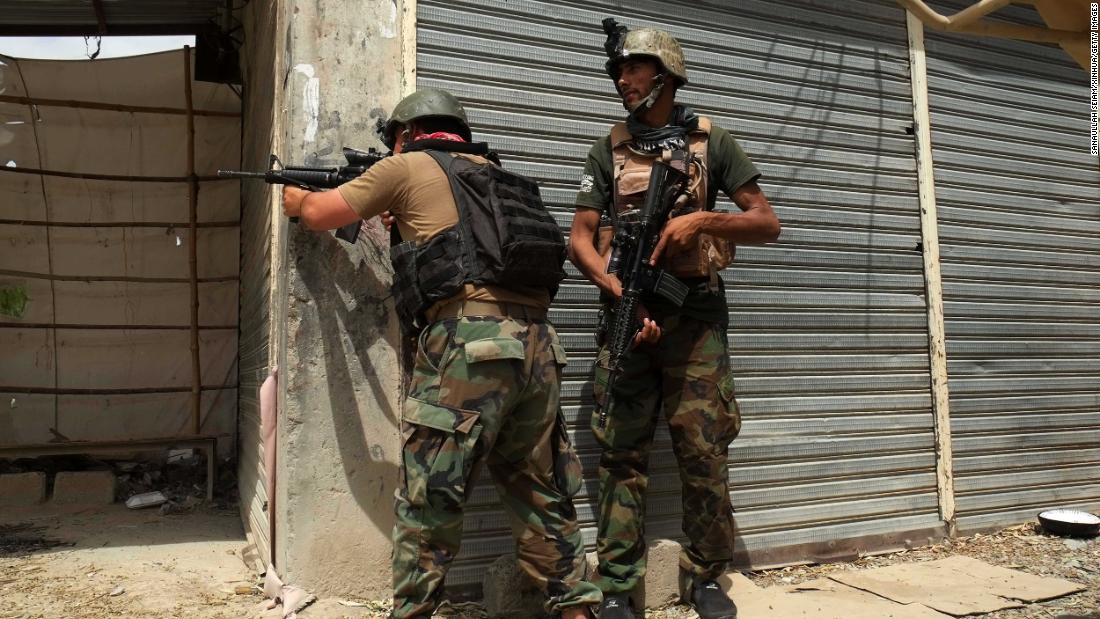As Taliban militants sweep across Afghanistan, concerns are growing for the toll on the country’s civilians, particularly women and girls.
Wazhma Frogh, the founder of Women and Peace Studies Organization and a member of Afghanistan High Peace Council, told CNN’s Becky Anderson on Wednesday that more than 60,000 families who have fled the violence elsewhere in Afghanistan are now living on the streets of Kabul.
“These are families with small children, 2-year, 3-year, 4-year old who are sleeping on the streets … these are families who are farmers, this is the time of harvest in Afghanistan. They have lost all that,” she said.
The United Nations has warned that the humanitarian situation in Afghanistan has deteriorated significantly in recent weeks. Nearly 390,000 people have been displaced since the beginning of 2021 due to conflict across the country, UN spokesman Stephane Dujarric said during a daily briefing on Wednesday.
UN humanitarian agencies said there has been a huge spike in people leaving their homes since May and that 5,800 people fled to Kabul between July 1 and Aug. 5.
The UN said that they have received food, water, household items and sanitation support, and that while most of them are hosted by friends and family, a growing number of people are staying in the open.
“The stories that we hear from these people who are right now on the streets of Kabul, we hear that the Afghan government has given them space to come to the mosques, inside the mosques at least, because [of] this hot weather,” Frogh added.
She said the situation is particularly worrying for women and girls, adding that one woman she spoke to in the north of the country described how women were being forcibly taken away from their communities amid the fighting.
“Tons of Afghan girls right now, they have no future, just thinking about no school or even survival right now,” she said.
Read more about the situation on the ground here.

